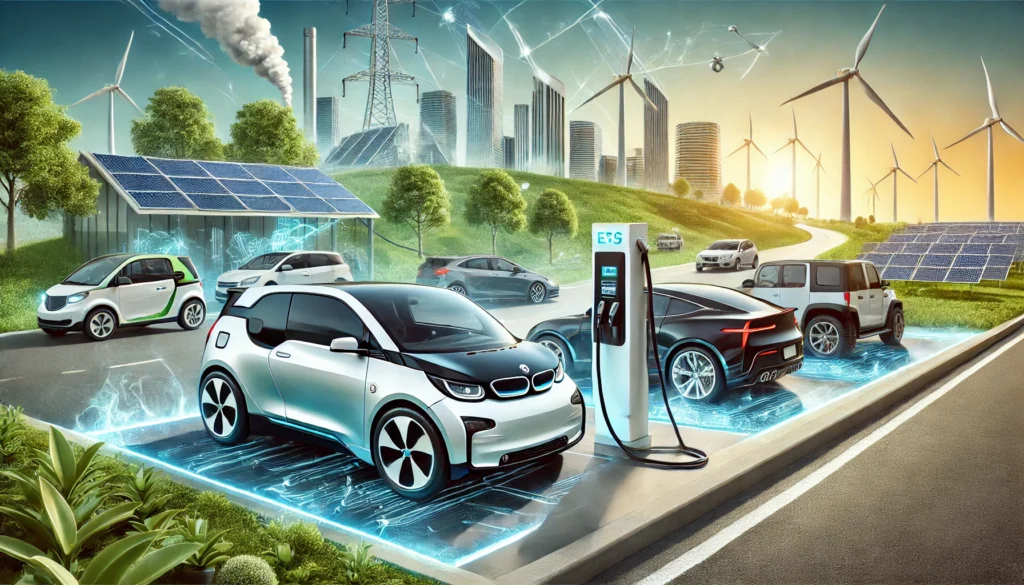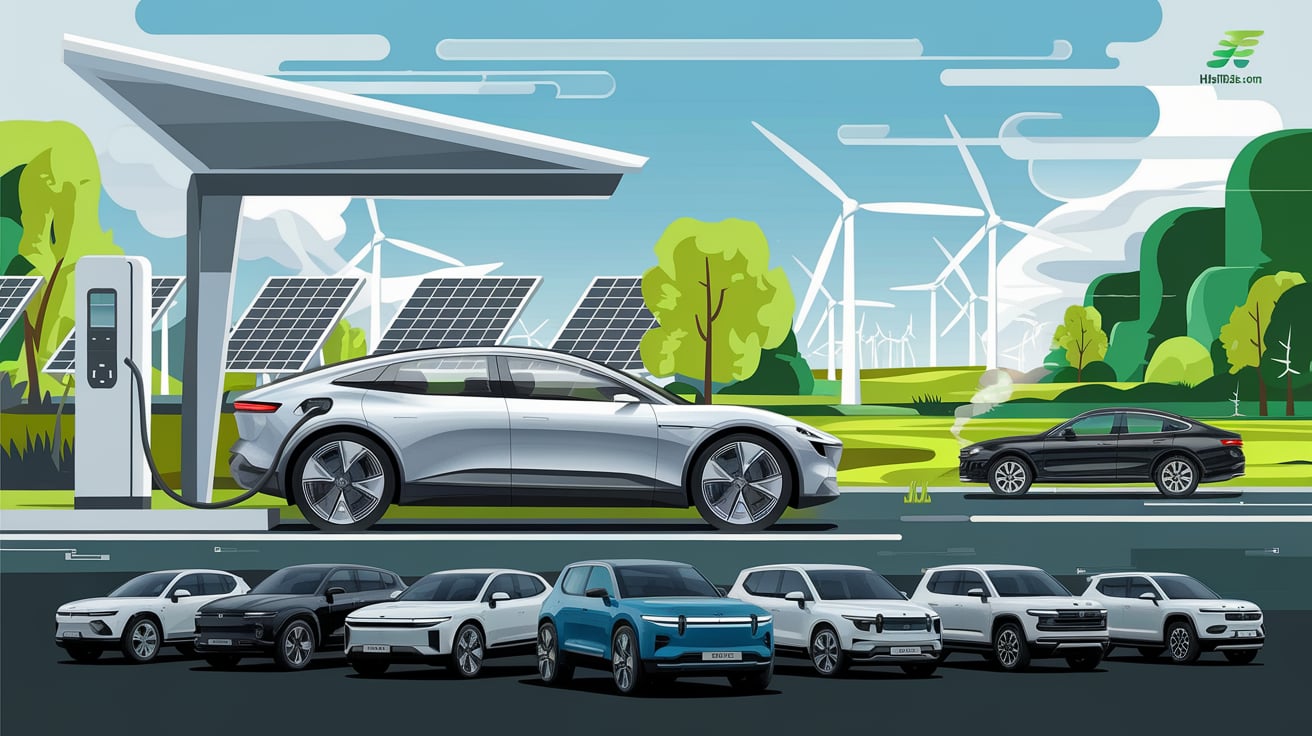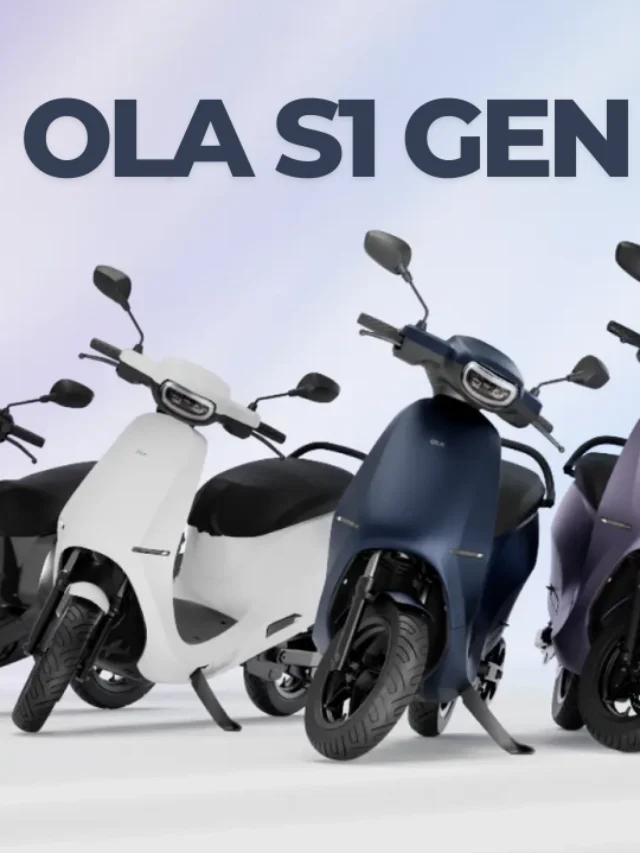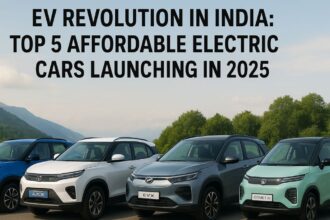The automotive industry is undergoing a profound transformation, with Electric Vehicles (EVs) leading the charge. EV adoption is not just a trend but a necessity driven by environmental concerns, technological advancements, and government policies. Here’s a closer look at why EVs are the future, their advantages over traditional gasoline cars, and what 2024 could mean for the EV revolution.
1. Electric Vehicle (EV) Adoption
The adoption of EVs has been accelerating globally, with a significant increase in sales and infrastructure development.
- Government Support: Subsidies, tax benefits, and stricter emissions regulations are encouraging consumers and manufacturers to shift toward EVs.
- Improved Technology: Advances in battery technology, like lithium-ion and solid-state batteries, are increasing range and reducing charging time.
- Rising Awareness: Consumers are becoming more environmentally conscious, prioritizing sustainable modes of transport.
- Charging Infrastructure: With more public charging stations and home-charging options, the convenience of owning an EV has significantly improved.
By 2030, EVs are expected to make up a majority of new car sales in many countries, signaling a tipping point in global adoption.
2. The Future of Electric Vehicles: How EVs Are Taking Over the Roads
The future of EVs is bright, with several trends shaping their dominance:
- Autonomous Electric Vehicles: The combination of EVs and autonomous driving technology promises safer and more efficient transport.
- Fleet Electrification: Companies are transitioning their delivery and transportation fleets to electric, reducing operational costs and carbon footprints.
- Energy Integration: EVs are becoming part of a broader energy ecosystem, acting as mobile energy storage units through vehicle-to-grid (V2G) technology.
- Diverse Models: EVs are now available across all segments, from compact cars to luxury SUVs and even trucks, making them accessible to a wider audience.
Manufacturers are investing heavily in R&D, and the introduction of high-performance models with longer ranges and faster charging will further accelerate adoption.
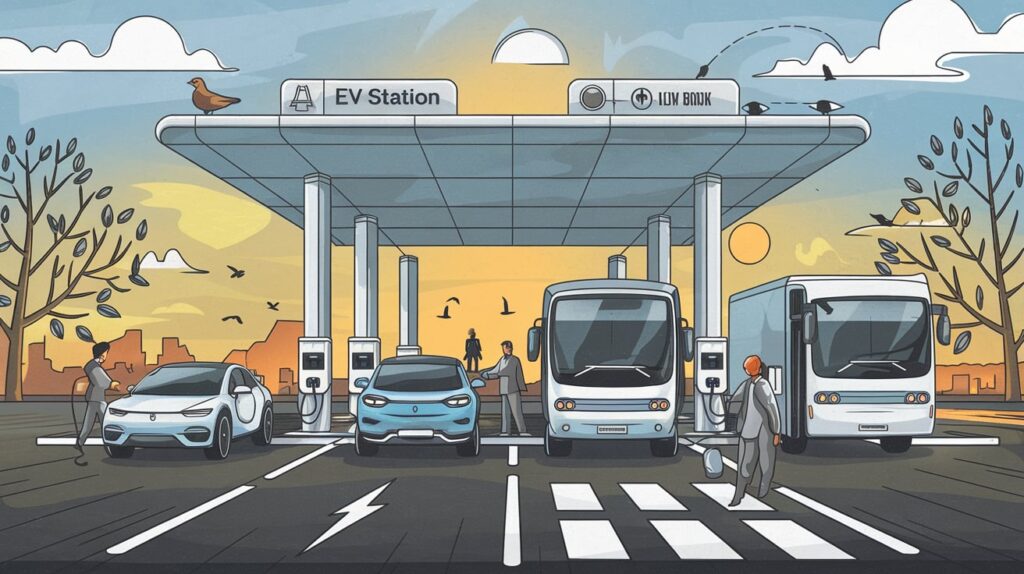
3. Electric Cars vs Gasoline Cars: Is 2024 the Year of the EV Revolution?
The debate between electric and gasoline cars is shifting, with EVs gaining significant advantages:
- Cost Efficiency:
- While the upfront cost of EVs can still be higher, the total cost of ownership is often lower due to cheaper electricity rates, lower maintenance costs (fewer moving parts), and government incentives.
- Gasoline prices fluctuate, making EVs a more predictable and economical choice.
- Performance:
- Modern EVs offer instant torque, resulting in superior acceleration and a smoother driving experience.
- Gasoline cars still hold an edge in top-speed performance for certain models, but this gap is narrowing.
- Environmental Impact:
- EVs produce zero tailpipe emissions, significantly reducing their carbon footprint compared to gasoline vehicles.
- As renewable energy sources become more widespread, the overall environmental benefits of EVs will increase.
- Infrastructure:
- The expansion of charging networks in 2024 and beyond is reducing the range anxiety associated with EVs.
- Gasoline cars, while still dominant in terms of refueling speed, may lose this edge as ultra-fast EV chargers become more common.
Conclusion: Is 2024 the Year of the EV Revolution?
2024 is shaping up to be a pivotal year for the EV market. With global commitments to phase out internal combustion engines, technological breakthroughs, and increasing consumer interest, EVs are poised to dominate the roads. While gasoline cars may not disappear overnight, the transition toward a more sustainable and efficient future is undeniable.
The choice between electric and gasoline vehicles will ultimately depend on individual needs, but the advantages of EVs are becoming harder to ignore. Whether you’re a car enthusiast, an environmental advocate, or simply someone considering your next vehicle purchase, the rise of EVs is a trend worth watching closely.
